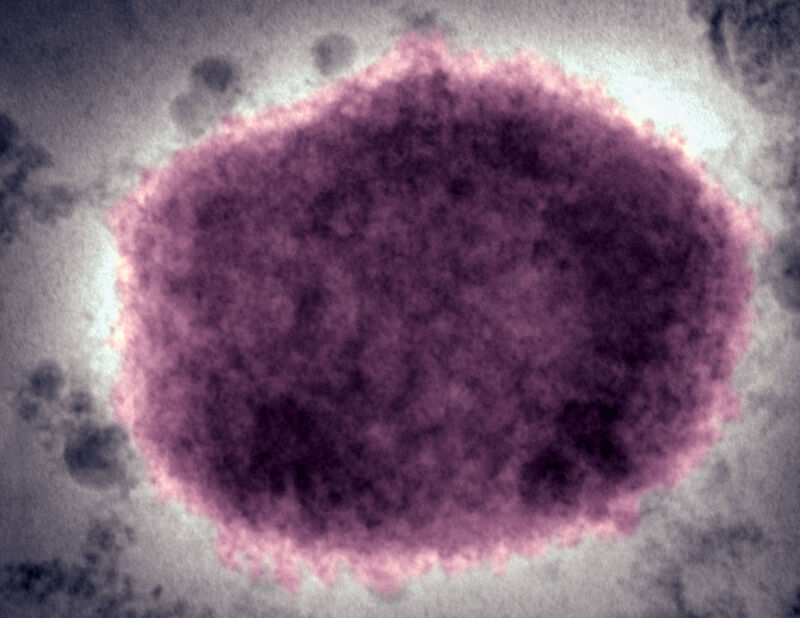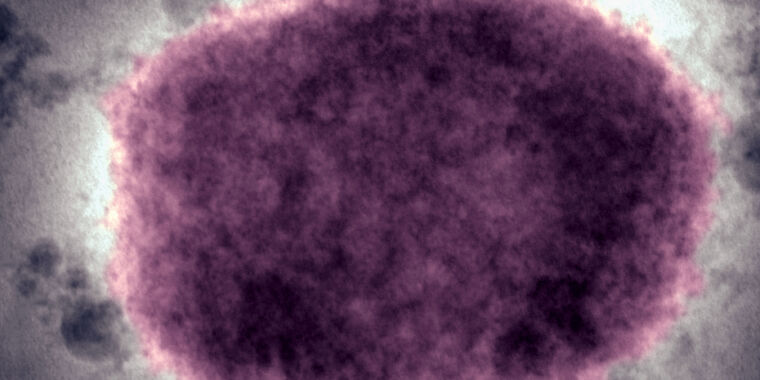
The World Health Organization is currently reconsidering whether to declare the booming multinational monkeypox outbreak a public health emergency of international concern (PHEIC), the agency’s highest level of alert.
The deliberations come as the global tally of monkeypox cases tops 16,000—and a new report of an unexplained case in a child in the Netherlands raises alarm over the potential spread of the virus.
On Thursday, the WHO’s emergency committee convened for seven hours to assess the state of the outbreak. It was the second time that WHO Director-General Tedros Adhanom Ghebreyesus convened the group of international experts. In the previous meeting nearly a month ago, the committee expressed concern about the situation but concluded overall that it had not yet risen to the level of a PHEIC.
That June decision drew criticism from some members of the public health community, who felt the committee had “punted.” Critics further worried the decision undermined the ability of a PHEIC declaration to help get ahead of a burgeoning infectious disease outbreak.
Global cases
The outcome of yesterday’s meeting is still unclear. The committee is now finalizing a report to the director-general, and the agency told Ars that there is no set timeline of when the outcome will be announced.
As it stands, WHO received reports of more than 16,000 cases from 71 member states that span all six of WHO-designated world regions. The epicenter of the outbreak continues to be Europe. Five people have died in the multinational outbreak, three in Nigeria and two in the Central African Republic.
Though some countries are starting to report declining trends in cases, Tedros noted, other countries are now just beginning to identify cases. Six countries reported their first cases just last week, he said in a press briefing Wednesday.
The vast majority of cases continue to be identified in men who have sex with men (MSM).
“This transmission pattern represents both an opportunity to implement targeted public health interventions and a challenge because in some countries, the communities affected face life-threatening discrimination,” Tedros said at the outset of Thursday’s emergency committee meeting.
The continued spread of the virus, particularly in countries where people face significant barriers to care, only increases the risk that the virus will spread farther and to more vulnerable populations, such as pregnant people and children, health experts fear.








